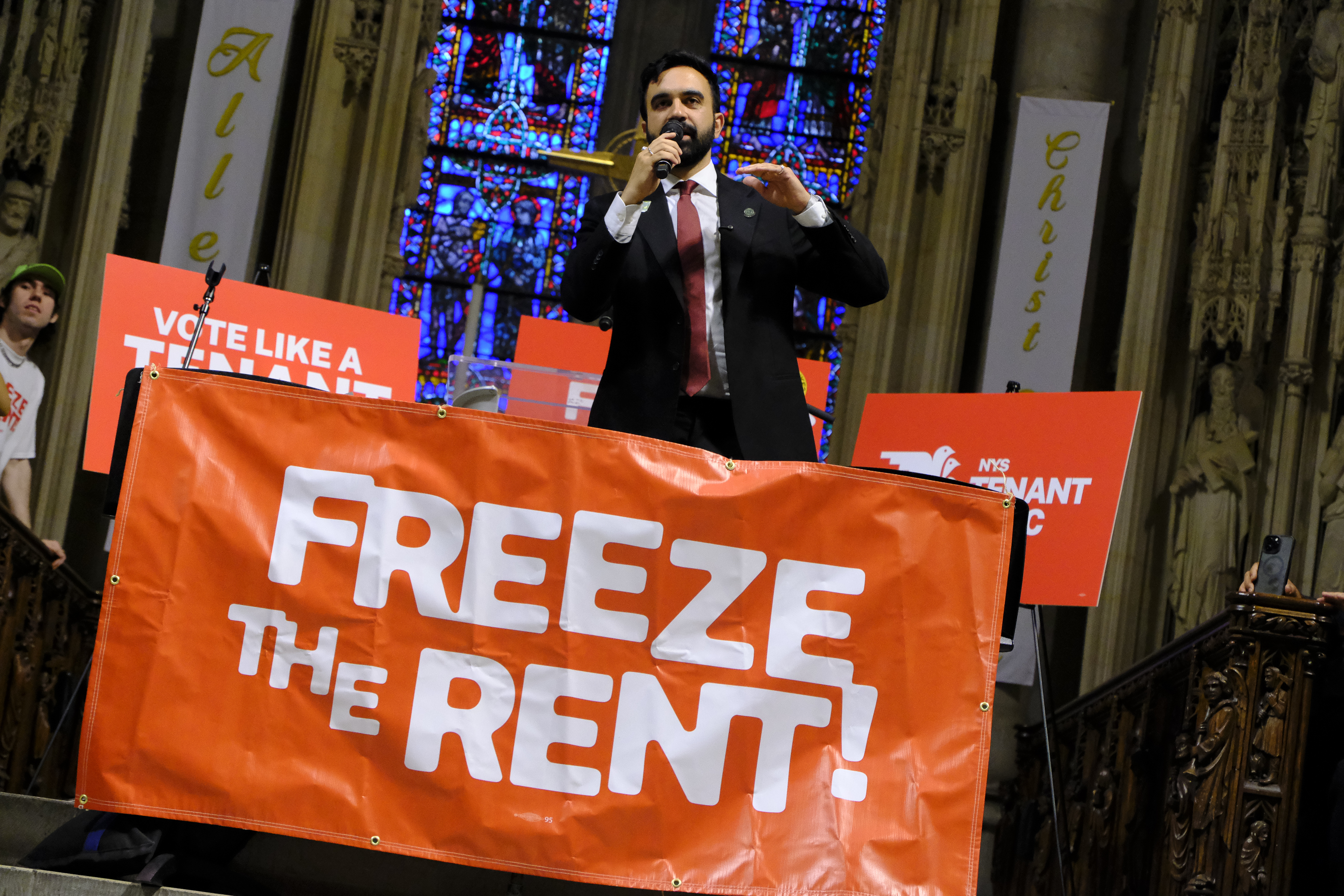🎙️ Voice is AI-generated. Inconsistencies may occur.
Republicans included a new tax that would affect 40 million immigrants in President Donald Trump's tax bill.
Newsweek reached out to House Speaker Mike Johnson, a Louisiana Republican, for comment via email.
Why It Matters
Remittances, money that migrants send to family members in their home countries, are a major source of income for communities across Latin America, Asia and Africa. These payments represent a financial lifeline in many rural and economically strained areas across the globe.
In 2023, global remittances to low and middle income countries are estimated to have reached $647 billion, according to data from the World Bank, though experts have notoed it's difficult to know the true total of these transfers.
What to Know
A new 5 percent tax on remittances is in the House Republican tax bill that addresses key priorities for the president, according to the Associated Press.
The tax would exempt U.S. citizens but affect green card holders and nonimmigrant visa holders such as those on H-1B, H-2A and H-2B visas—meaning more than 40 million people would be impacted by the tax.
Critics have raised concerns that such a tax could have negative ramifications for communities that depend on remittances, where residents have less access to economic opportunity. Proponents, however, view this as a way to increase tax revenue for the federal government while taxing immigrants who may be living in the U.S. illegally—particularly as Congress eyes more tax cuts.
Miguel D. Ramirez, professor of economics at Trinity College, told Newsweek Republicans believe the tax could generate significant revenues and discourage immigration.

"However, this is debatable because migrants might find ways of bypassing the tax by not sending them via established networks (e.g., Western Union or participating banks), and it might lead them to migrate more to the U.S. to make up for the loss revenues," he said.
This would adversely affect some of the poorer states in Mexico, where remittance flows represent at least five percent of gross state product, Ramirez said. These payments can be used to grow local economies and finance micro-enterprises. They can be used to finance spending on education and health, contributing "to the formation of human capital and future economic growth and development," Ramirez said.
The proposed tax is part of the expansive package that also includes extensions of the 2017 Trump tax cuts, a tax break for tipped income, and new spending on border security. According to the Tax Foundation's analysis of the latest version of the bill, the included tax provisions will reduce government revenue by $4.1 trillion over the next ten years.
Vice President JD Vance, then an Ohio senator, introduced legislation in 2023 aimed at implementing a 10 percent fee on remittances with the intention of targeting drug cartels. Oklahoma is the only state that already has a tax on remittances.
What People Are Saying
Tara Watson, director of the Center for Economic Security and Opportunity at the Brookings Institute, told Newsweek: "The current administration has come up with a lot of creative ways to make lives harder for immigrants living in the U.S., and this is no exception. The new tax will be partly come out of money that would have gone to home countries and partly come out of money that would otherwise be spent here. In some Latin American countries, remittances are as big as a quarter of GDP. This tax, along with other administration actions, undermines economic security in counties of origin. One unintended consequence is that the resulting economic instability creates more impetus for irregular migration."
Michelle Mittelstadt, director of communications at the Migration Policy Institute, told Newsweek: "It is important to note that remittances that are sent from the U.S. represent personal money sent by individuals, not taxpayer funds. These are decisions by U.S. residents, immigrant and U.S. born alike, to send some of their resources to relatives or other loved ones. Taxing remittances likely would prompt some shift to sending money transfers via informal channels, as well as reduce remittance sending overall, which could harm poverty alleviation in communities that have a migrant-sending history."
Mexico President Claudia Sheinbaum said in remarks reported by the AP: "Remittances are the fruit of the efforts of those who, through their honest work, strengthen not only the Mexican economy but also the United States', which is why we consider this measure to be arbitrary and unjust."
Noah Gordon, fellow at the Carnegie Endowment for International Peace, wrote on X, formerly Twitter: "The House bill includes a 5 percent tax on remittances sent by non-US citizens. It'd be a heavy blow for countries that get 20 percent of their GDP from remittances, like Haiti, Honduras, El Salvador, Guatemala, and Nicaragua."
What Happens Next
While the bill has already cleared the House Ways and Means Committee, its passage is far from certain.
House Speaker Mike Johnson must reconcile demands from conservatives pushing for deeper spending cuts with more moderates in swing districts voicing concerns about matters like the state and local tax (SALT) cap. Some Republicans are also raising concerns about potential Medicaid cuts.
Johnson has indicated he wants to hold a vote on the bill by Memorial Day, giving the House just one week to meet that deadline.
Update 5/15/2025 4:06 p.m. ET: This article was updated with additional information.
About the writer
Andrew Stanton is a Newsweek weekend reporter based in Maine. His role is reporting on U.S. politics and social issues. ... Read more



